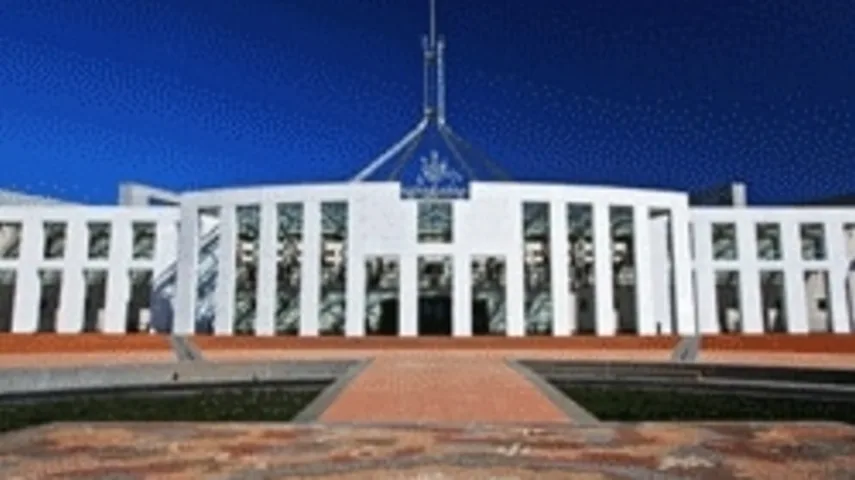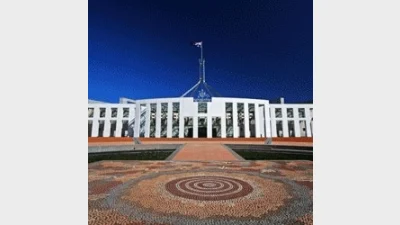Advice for the Government on what is financial advice



A significant portion of the Australian population does not understand what constitutes financial advice and that it remains far too easy for people operating well outside the scope of FOFA to give what amounts to financial advice, writes Mike Taylor.
Federal ministers overseeing the development of new legislation at the same time as selling a carbon tax and counting numbers in caucus are very busy people, so it is unlikely the Assistant Treasurer and Minister for Financial Services, Bill Shorten, has ever walked through a shopping centre and spied bored young men in cheap suits spruiking real estate investments.
If, in fact, the minister had fallen into conversation with these bored young men in their cheap suits, he might have been given pause to consider whether they were selling a product or giving advice or, perhaps, doing both.
Superannuation specialist within the Institute of Chartered Accountants, Liz Westover, recently expressed concern about real estate agents promoting the virtues of purchasing real estate within a self-managed superannuation fund (SMSF) and, in doing so, clearly pointed to the fact that such people fell outside the regulatory strictures which guide both accountants and financial planners.
She might have added that a significant portion of the Australian population does not understand what constitutes financial advice and that it remains far too easy for people operating well outside the scope of the Financial Services Reform Act to give what amounts to financial advice.
The proposed Future of Financial Advice (FOFA) changes will not alter this reality.
Notwithstanding the fact that bored young men in cheap suits ought not be in the business of ‘advising’ shoppers on how to invest in real estate, the practice is likely to continue and many gullible consumers will be none-the-wiser.
More galling for the financial planning industry is that some of those gullible consumers may later blame any losses they incur on the ‘adviser’ they met in the shopping centre.
The Parliamentary Joint Committee into the financial services industry (the Ripoll Inquiry), which gave rise to the FOFA recommendations, did a reasonable job of traversing the issues that evolved out of the collapse of Westpoint and Storm Financial.
However, it did not in any meaningful way address “advice” given outside of the formal advice industry and nor did it do more than pay passing heed to the development of so-called “industrialised advice”.
The Australian Securities and Investments Commission (ASIC) will soon deliver its report on the provision of scaled advice – something which has the potential to give rise to further questions touching upon the utilisation of industrialised advice mechanisms as companies and superannuation funds seek to gain the scale and efficiencies necessary to remain competitive.
While the Government is this month expected to release the first draft of the legislation resulting from its FOFA proposals, it is clear that a great deal more work remains to be done and that the bored young men in cheap suits will not soon be vacating a shopping centre near you.
Recommended for you
In this episode of Relative Return Insider, host Keith Ford and AMP deputy chief economist Diana Mousina break down the spike in inflation numbers and what it means for the possibility of a rate cut as we move into the new year.
In this episode of Relative Return Insider, host Keith Ford and AMP economist My Bui explore Prime Minister Anthony Albanese’s trip to the US and the critical minerals deal stemming from his meeting with President Donald Trump.
In this episode of Relative Return Insider, host Keith Ford and AMP chief economist Shane Oliver unpack the latest unemployment numbers and what they mean for a rate cut, as well as how the latest flare-up in the ongoing US–China trade dispute has highlighted the remaining disparity between gold and bitcoin.
In this episode of Relative Return Insider, host Keith Ford and AMP chief economist Shane Oliver take a look at the unfolding impacts and potential economic ramifications of the US government shutdown and the surge in gold and bitcoin prices.







